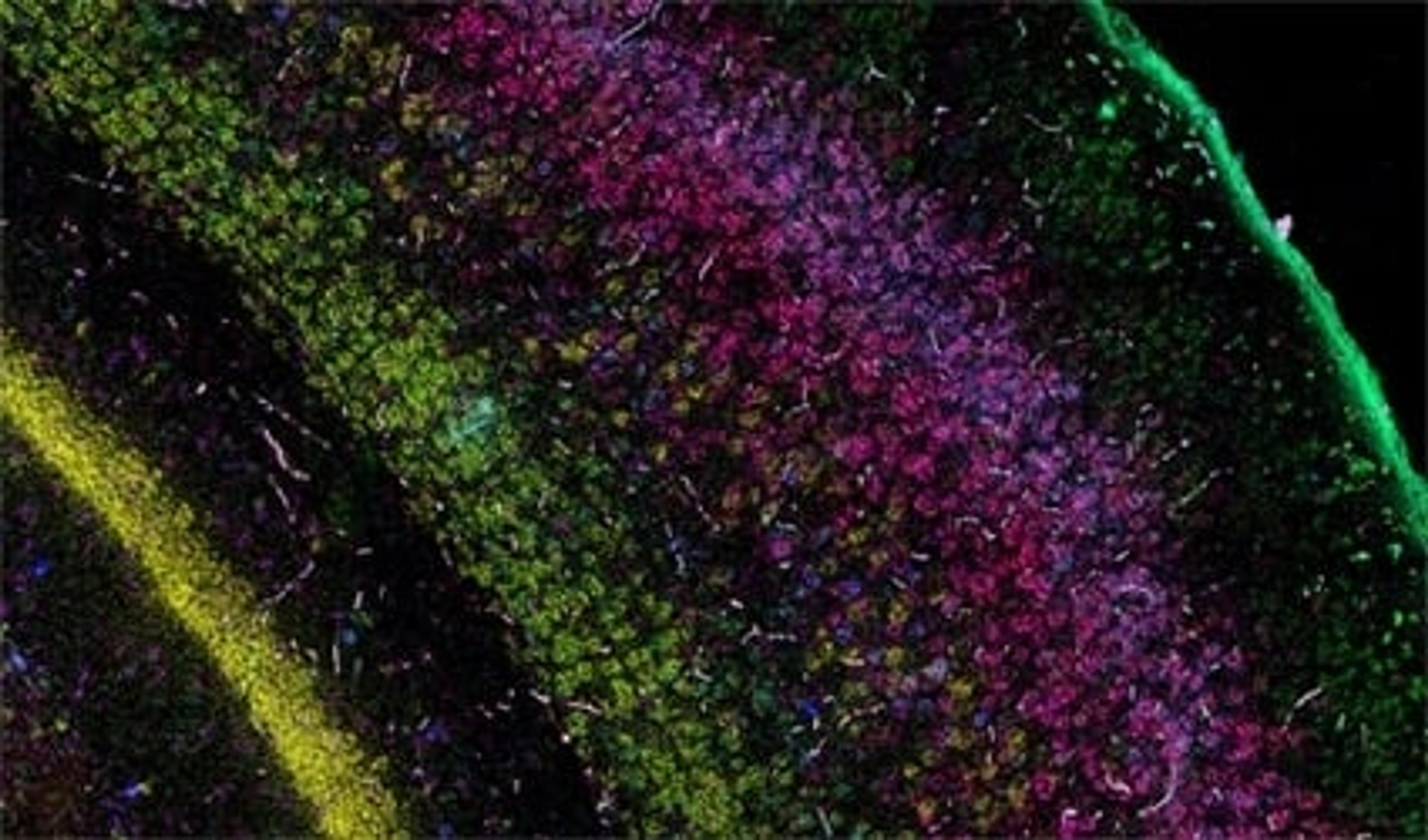Spatial organization of multicellular immune hubs in human colorectal cancer
Immune responses to cancer are highly variable, with mismatch repair-deficient (MMRd) tumors exhibiting more anti-tumor immunity than mismatch repair-proficient (MMRp) tumors. To understand the rules governing these varied responses, researchers at the Broad Institute of MIT and Harvard transcriptionally profiled 371,223 cells from human colorectal tumors. Analysis revealed extensive transcriptional and spatial remodeling across tumors. To discover hubs of interacting malignant and immune cells, expression programs were identified in different cell types that co-varied across tumors from affected individuals and spatial profiling was used to localize coordinated programs. By identifying interacting cellular programs, the logic underlying spatially organized immune-malignant cell networks was revealed.
In this webinar, Dr. Jon Chen, Massachusetts General Hospital Cancer Center, Harvard Medical School, will discuss this study in greater detail and demonstrate a path to discovering multicellular interaction networks that underlie immunologic and tumorigenic processes in human cancer..
Key learning objectives
- How scRNA-seq can be used to reveal shared and distinct features of human MMRd and MMRp colorectal cancer
- How multicellular immune hubs can be predicted based on co-variation of gene programs
- Why understanding the molecular mechanisms underlying immune hubs and their temporal and spatial regulation upon treatment is critical for advancing cancer therapy
Certificate of attendance
All webinar participants can request a certificate of attendance, including a learning outcomes summary, for continuing education purposes.
Speakers



